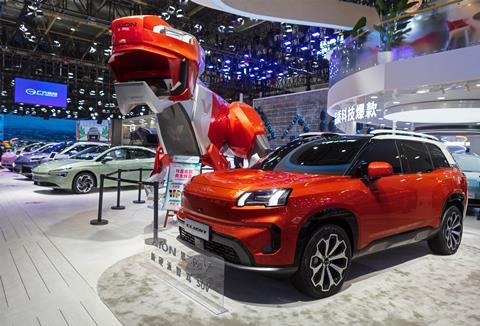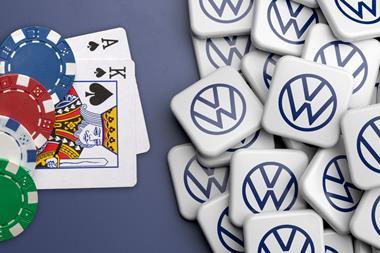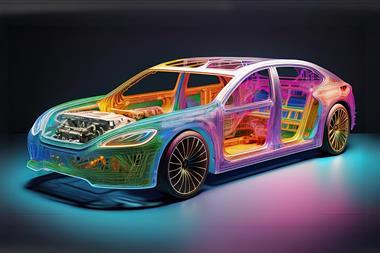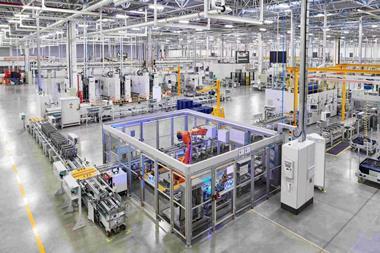Facing the imposition of tariffs on Chinese-made EVs, GAC, one of China’s largest carmakers, is considering European manufacturing to preserve market access. Its electric SUV Aion V will be showcased at the Paris Auto Show, with sales expected by 2025.
GAC considers European EV production as tariffs loom
Chinese automaker GAC is weighing plans to manufacture electric vehicles (EVs) in Europe, as the European Union prepares to impose steep tariffs on imported Chinese-made vehicles. The company, which is state-owned and among China’s largest automakers, is seeking to avoid tariffs of up to 45% approved by the European Commission. These levies, set to take effect next month, will be in place for five years, pushing several Chinese EV manufacturers to explore local production within the EU.
Wei Heigang, general manager of GAC’s international business, highlighted the potential impact of these tariffs on the company’s operations during an interview ahead of the Paris Auto Show. “The tariffs issue definitely has an impact on us. However, all this can be overcome in the long term,” Wei said. “I am positive there is going to be a way to get it all resolved. Local production would be one of the ways to resolve this.”
“Last year, Chinese EVs accounted for just 4% of total European sales, but that figure is projected to reach 7% by 2028, according to a report from the consultancy firm AlixPartners”
GAC is actively exploring several options, including the possibility of constructing a new manufacturing facility in Europe or partnering with an existing one. However, these discussions are still at an early stage. “We are very actively exploring this possibility,” Wei added, noting that decisions about the precise strategy are yet to be finalised.
GAC’s European Market penetration plans
As part of its strategy to penetrate the European market, GAC is preparing to launch its first EV model tailored specifically for European consumers.
To this end, the Aion V, a compact electric SUV with a range of 520 kilometres, will be showcased at the Paris Auto Show, which kicks off this week. The vehicle is expected to be available for sale in select European markets by mid-2025, with a target price below €40,000 ($43,610). However, the final pricing remains under consideration.

GAC’s ambition is to increase its international presence significantly, aiming for 500,000 overseas sales by 2030.
Although the company currently does not sell EVs in Europe, it views the region as a vital market. “Europe remains relatively open, despite the challenges posed by the tariffs,” Wei remarked.
The European EV market is becoming increasingly competitive, with several Chinese automakers already making moves to establish a foothold. Companies such as Leapmotor and BYD have set up or expanded production capacities within the EU.
Leapmotor began using Stellantis’ plant in Poland this past June, while BYD has secured deals for new factories in Hungary and Turkey. Chery, another Chinese carmaker, initially planned to begin building EVs in a former Nissan factory in Spain by late 2024, though this timeline has now been delayed to 2025.
These developments reflect a broader trend: last year, Chinese EVs accounted for just 4% of total European sales, but that figure is projected to reach 7% by 2028, according to a report from the consultancy firm AlixPartners.
For GAC, the coming months will be crucial as it finalises plans for European expansion. The imposition of tariffs presents a formidable challenge, but the company’s response will likely shape its future in the region. Whether through local production or strategic partnerships, GAC is positioning itself to navigate the evolving European EV landscape.






































No comments yet